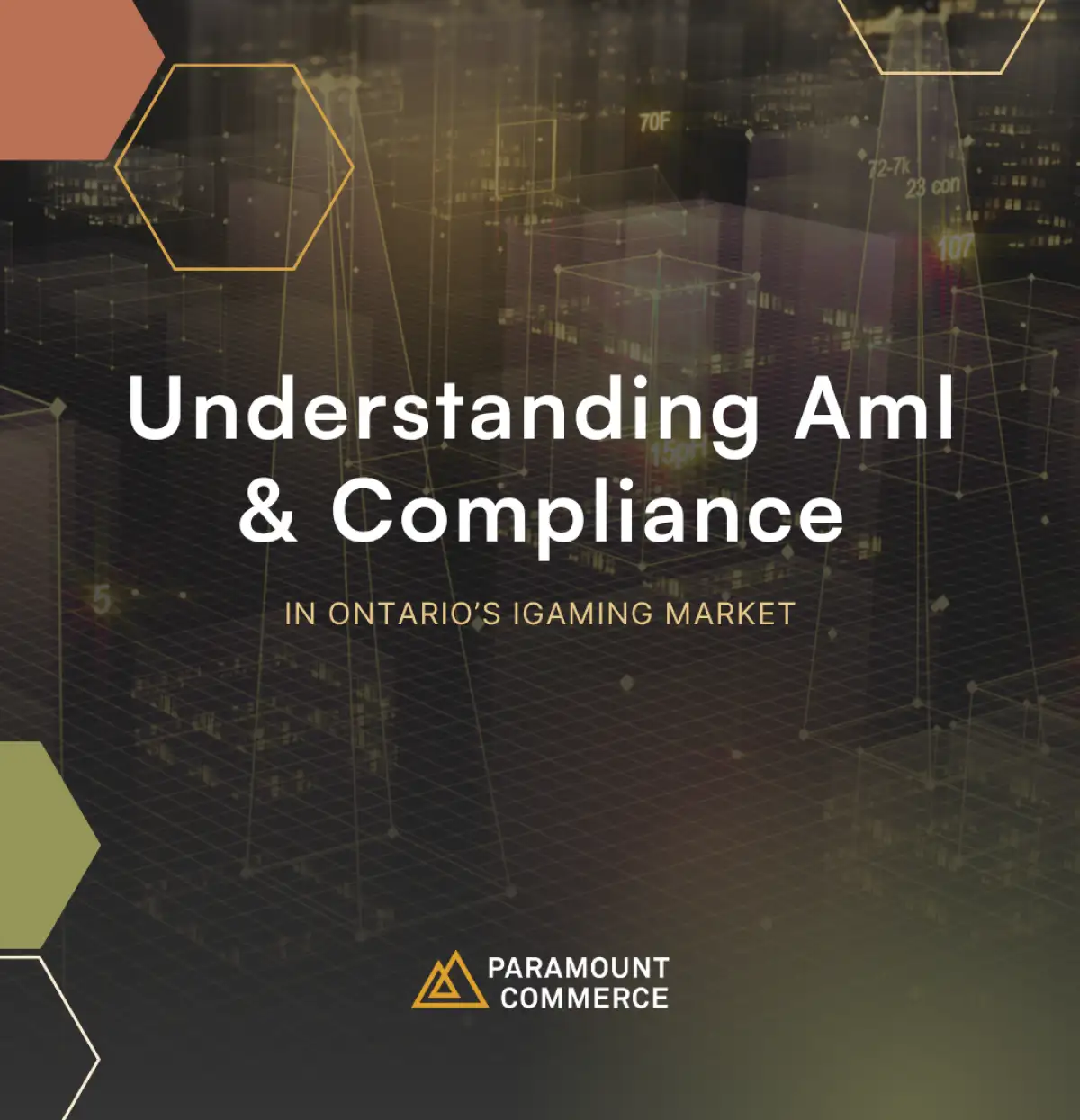Understanding AML and Compliance in Ontario’s iGaming Market





Navigating the iGaming space in Ontario’s regulated market requires a strong understanding of Anti-Money Laundering (AML) and compliance regulations. Mondiu Jaiyesimi, Senior Manager of AML Regulatory Compliance and Forensics at MNP, shared key insights into the challenges operators face when applying for an iGaming license in Ontario.
Ontario’s iGaming market, launched in April 2022, is overseen by iGaming Ontario (iGO) and the Alcohol and Gaming Commission of Ontario (AGCO). Operators must comply with stringent AML regulations to secure a license, including developing robust AML programs, submitting attestations, and ensuring data system readiness.
AML compliance ensures the integrity of the iGaming market, preventing money laundering and terrorist financing. Non-compliance can lead to penalties and reputational damage, making it essential for operators to stay up-to-date on regulations and employ effective compliance strategies.
Automated transaction monitoring systems using AI and machine learning can help operators identify suspicious activity and stay compliant with minimal effort.
While no major regulatory changes are expected soon, operators should monitor potential changes, such as new reporting formats and cybersecurity issues.
In conclusion, staying compliant with AML regulations is essential for operating successfully in Ontario’s iGaming market. With the right systems and strategies in place, operators can navigate the regulatory landscape effectively.
This information was provided by Mondiu Jaiyesimi, Senior Manager of AML Regulatory Compliance and Forensics at MNP.
Watch the podcast episode: https://youtu.be/P_GcIKdH8jA?si=60p27bBfLzNwynE4
Fintech trends and insights,
explained in 5 minutes or less

Fintech trends and insights,
explained in 5 minutes or less
